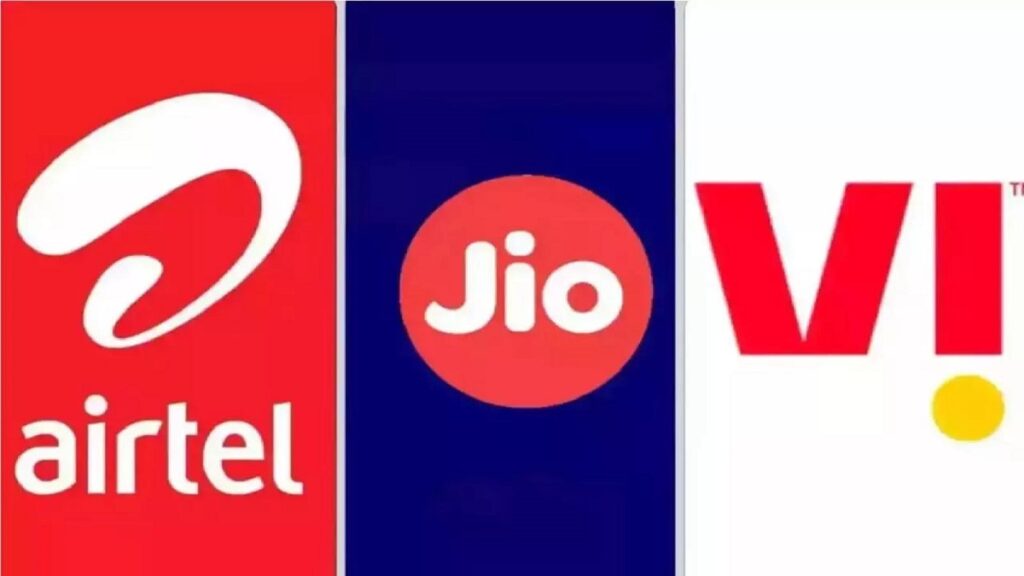In mid-May, Gopal Vittal, managing director of Bharti Airtel, emphasized the need for a “tariff repair” in India’s telecom sector, highlighting the absurdly low mobile phone charges compared to other parts of the world. This discussion inevitably points to an increase in prices, but Vittal tactically chose his timing post-Lok Sabha elections, aligning economic decisions with political landscapes.
The Political-Economic Nexus
The first lesson is the intertwined nature of economics and politics. Business decisions, though made by company executives, are heavily influenced by political environments. This was evident as telecom companies, including Airtel, Jio, and Vodafone-Idea, waited for the election results before implementing a 10-25% hike in prices. This underscores the reality that economic policies and corporate strategies are often swayed by political timelines and decisions.
Market Dynamics and Competition
The second lesson revolves around market competition and its impact on pricing. Vittal’s concerns about low tariffs and declining ARPUs (Average Revenue Per User) are valid. The ARPU from January to March 2024 was ₹154, a drop from ₹164 in 2009-10. This decline is even more pronounced when adjusted for inflation. The early 2010s saw hyper-competition with 12-13 telecom operators, which drove down ARPUs significantly. However, the market landscape changed drastically with Jio’s entry in 2016, disrupting the industry and further lowering ARPUs. Today, only three private players and the state-owned BSNL remain, giving them significant pricing power. This consolidation illustrates the principle that intense competition can lead to fewer competitors over time.
Economic Ripple Effects
The third lesson highlights the broader economic impact of increased telecom charges. As mobile phone services become indispensable, consumers are likely to absorb higher costs, impacting their expenditure on other goods and services. This phenomenon aligns with Henry Hazlitt’s economic principle that growth in one industry can cause shrinkage in others. Identifying which sectors will be affected by higher telecom charges is challenging, but the overall effect is a redistribution of consumer spending, impacting various businesses.
The recent tariff hikes by Jio, Airtel, and VI offer valuable insights into the interplay of politics and economics, the effects of market competition, and the broader economic consequences of price changes in essential services. These lessons underscore the complexity of economic policies and their far-reaching impacts on different sectors and the overall economy.
